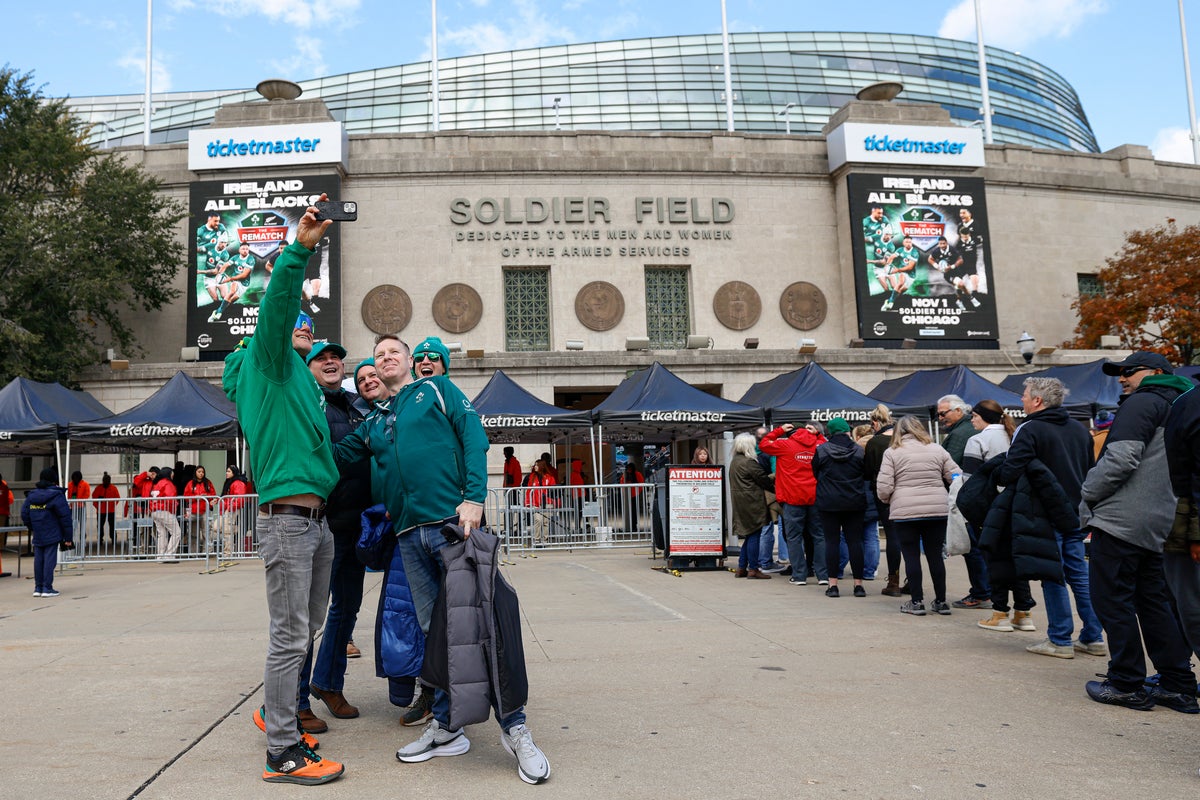“We meet in an hour of change and challenge, in a decade of hope and fear”.
With these words, in September 1962 President John F. Kennedy announced his intention to put man on the moon.
It was a bold move in a world on the brink of a new era. Across the Atlantic Ocean, the UK was taking its own giant leap. In December of the same year, President Kennedy and Prime Minister Harold Macmillan took the decision to contribute their strategic nuclear forces to the defence of NATO, deterring the most extreme threats to our Allies.
For the UK, this meant bringing 15 countries under the protection of our nuclear deterrent. NATO has gone through many eras – and gained 17 new Allies since – but the core principle holds unchanged NATO is a nuclear alliance and will remain so for as long as nuclear weapons exist.
In an increasingly uncertain world, NATO’s nuclear deterrence – alongside our conventional forces – is the cornerstone of our defensive Alliance. Fast forward to today’s aggressive nuclear signalling by Russia, and the rapid and opaque expansion of China’s nuclear arsenal, and it’s easy to understand why the UK makes this unmatched contribution to NATO.
Sixty years – almost to the day – since Kennedy’s speech at Rice University, I arrived as NATO’s Assistant Secretary General for Defence Policy and Planning. In that job and now, as the UK’s Ambassador to NATO, it is clear to me how the Alliance is investing and evolving to stay ahead of our adversaries.
That means making bold decisions, like spending £15 billion on our future sovereign warhead, building 4 new nuclear-powered ballistic missile submarines, or moving to procure at least a dozen F-35As and fly alongside our Allies as part of NATO’s Dual-Capable Aircraft mission.
These strategic investments – in people, technology, and infrastructure – are the most demanding defence programmes that any states pursue. Alongside similar modernisation efforts in the United States and France, they represent a special and enduring commitment to Allied security.
These choices are backed by routine exercises, like the annual one codenamed STEADFAST NOON. Not directed at any country and not involving live nuclear weapons, this NATO exercise is an essential means of ensuring our nuclear forces are safe, secure, and effective. It trains Allies to work together in a crisis that might have both conventional and nuclear dimensions.
This year, STEADFAST NOON has again played a vital part in maintaining credible deterrence in the face of evolving threats. STEADFAST NOON shows that NATO’s nuclear mission is not just about capability. It gets to the core of the unity, burden-sharing, and resolve demonstrated every day in the North Atlantic Council.
Allies’ determination has been hardened by Russia’s illegal war on Ukraine and its reckless aggression at NATO’s borders. Events of recent weeks bring to life the ‘immediate and pressing threat’ from Russia described by the UK’s Strategic Defence Review (SDR), published in June this year.
As that review made clear, a modernised nuclear deterrent will remain the cornerstone of the UK’s defence, and our commitment to NATO and global security, deterring the most extreme threats we and our NATO Allies face.
We may well be back in Kennedy’s ‘hour of change and challenge’ – but when I look at the strength and unity around the NATO table, I am more confident than ever we’ll meet the moment.


